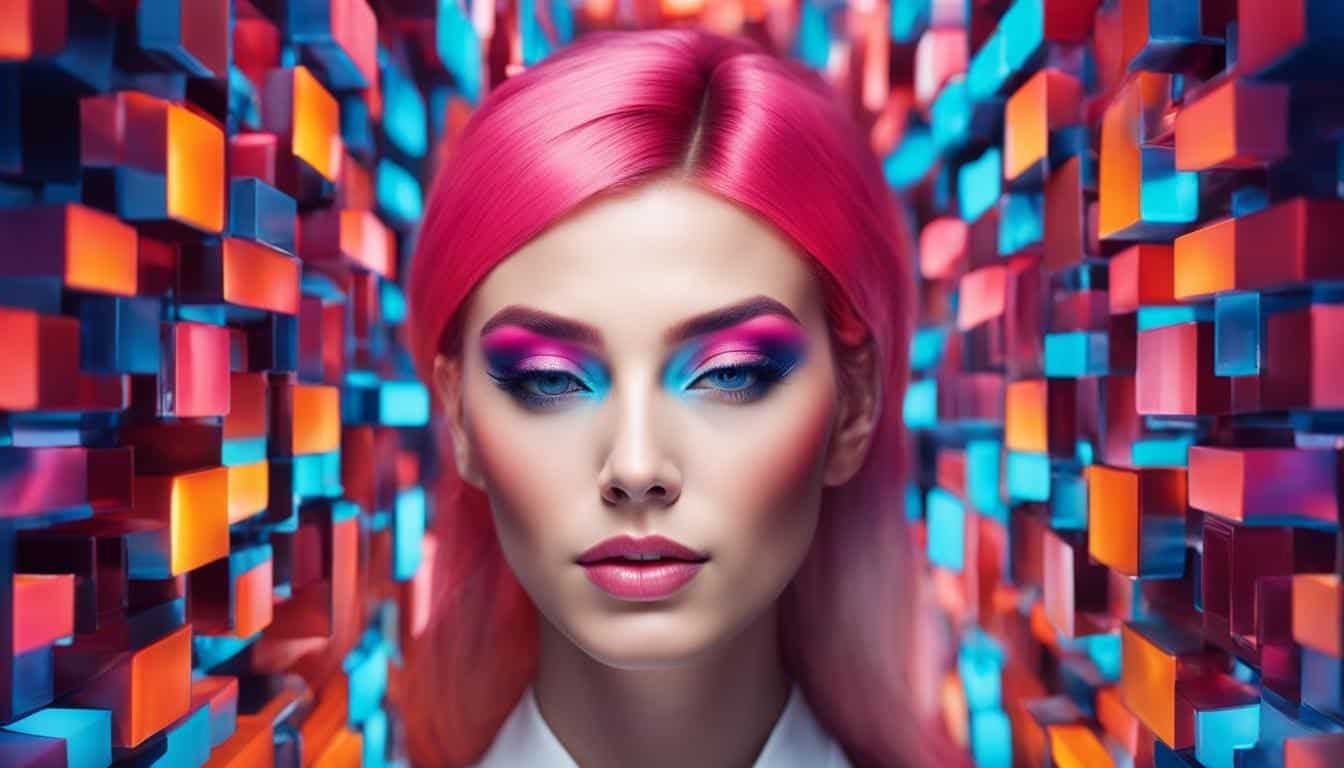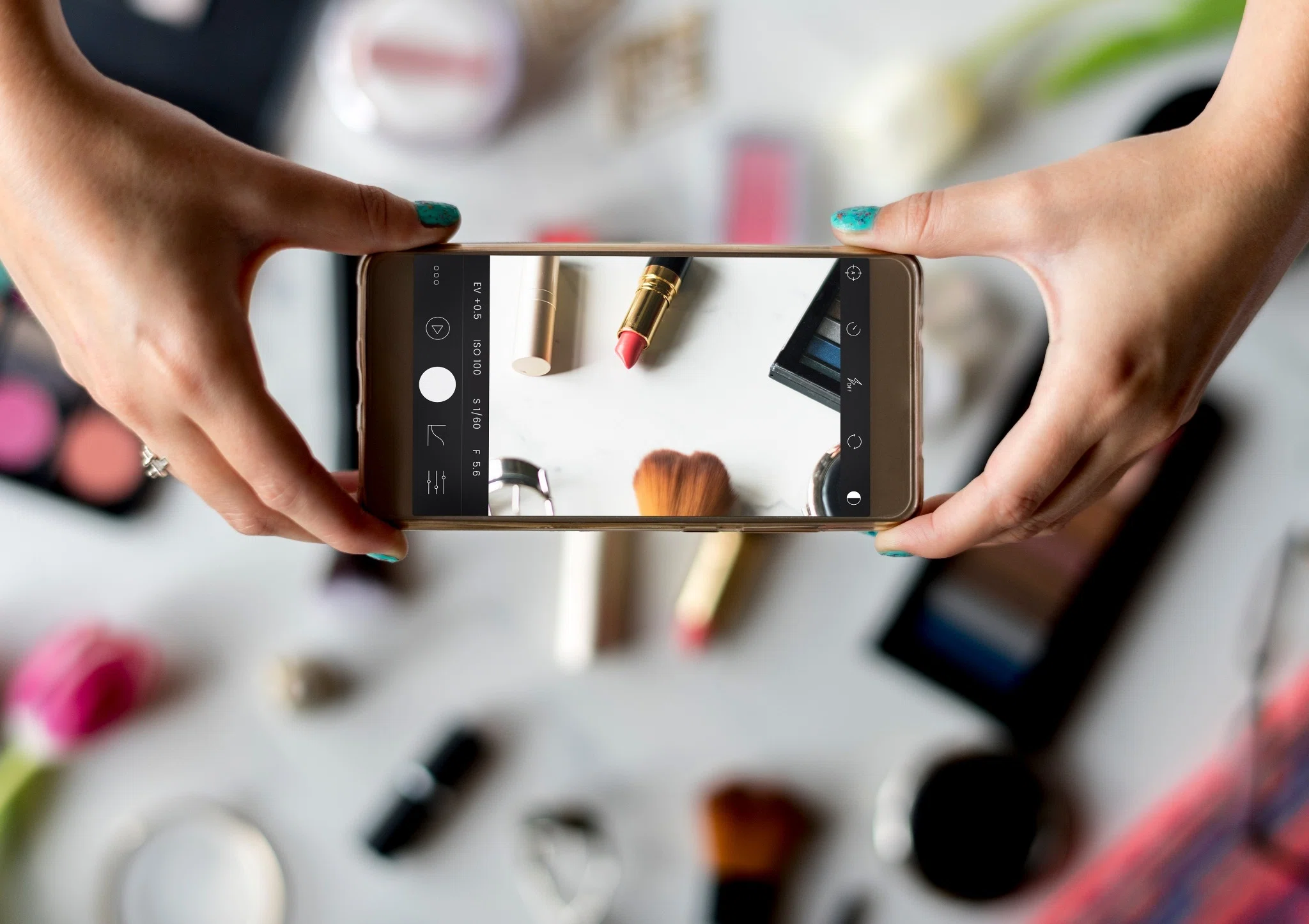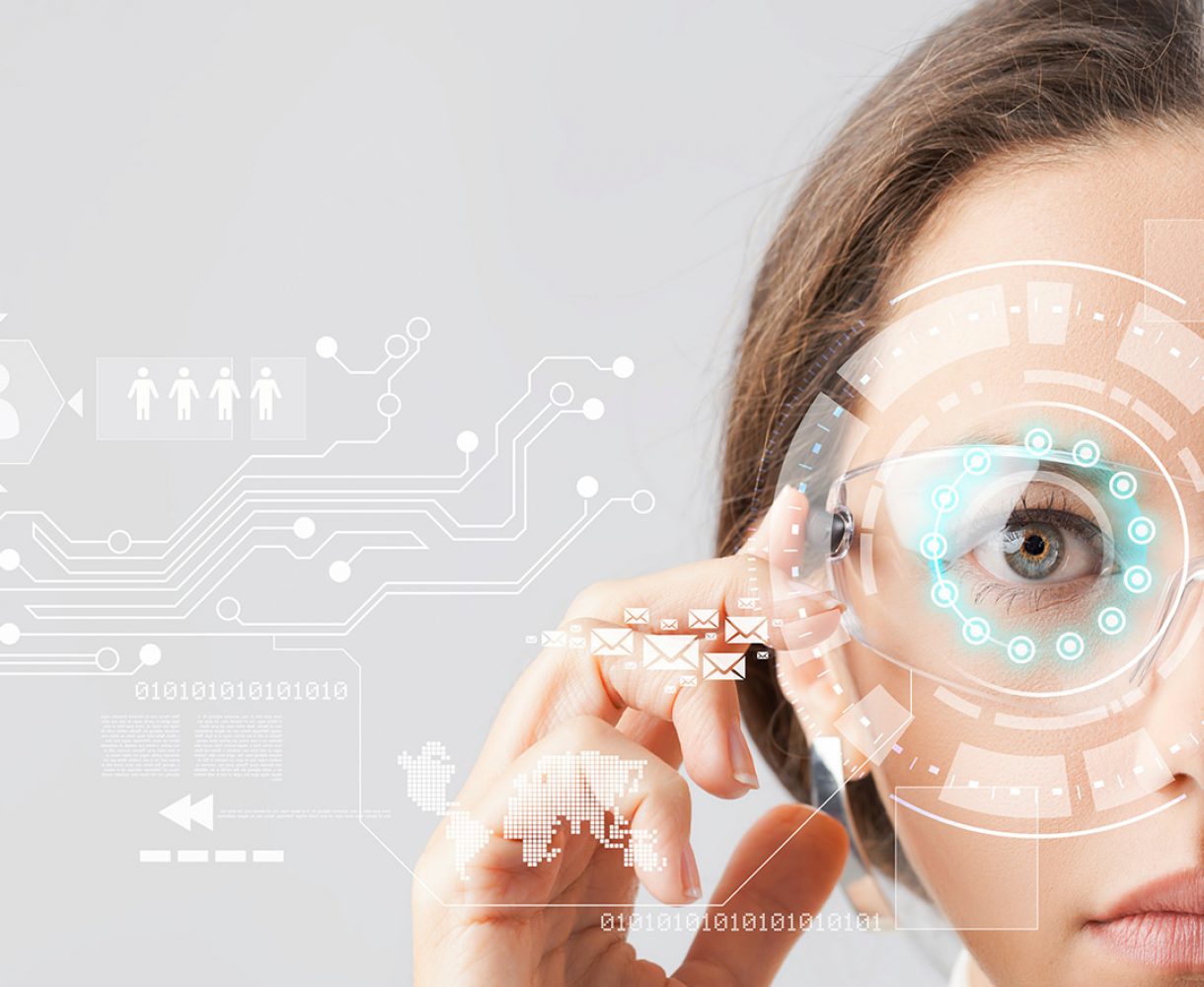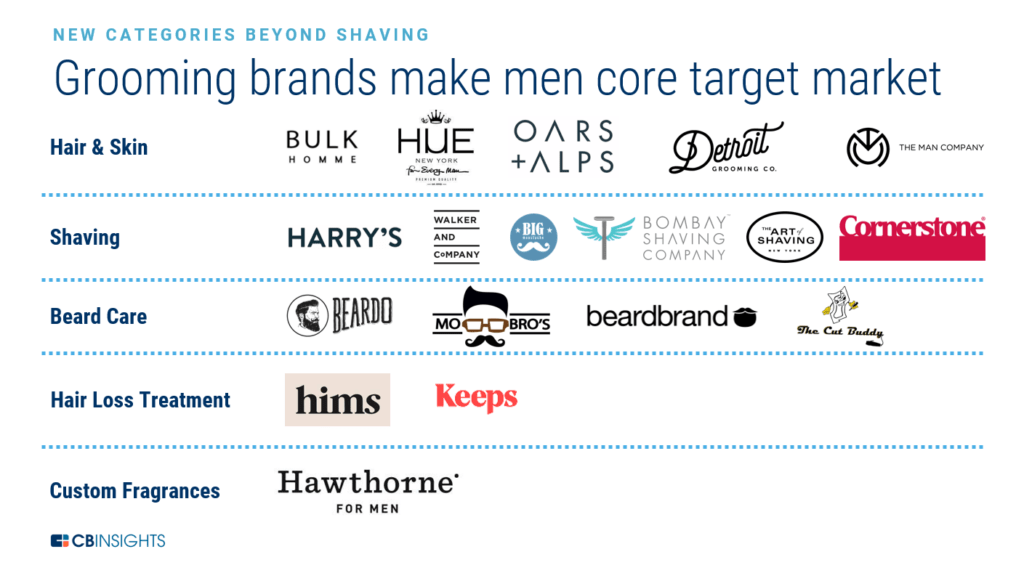The Future of Beauty: Top 10 Products Shaping 2025
Related Articles: The Future of Beauty: Top 10 Products Shaping 2025
Introduction
In this auspicious occasion, we are delighted to delve into the intriguing topic related to The Future of Beauty: Top 10 Products Shaping 2025. Let’s weave interesting information and offer fresh perspectives to the readers.
Table of Content
The Future of Beauty: Top 10 Products Shaping 2025

The beauty industry is constantly evolving, driven by advancements in technology, shifting consumer preferences, and a growing awareness of sustainability. Looking ahead to 2025, several trends point to a future where beauty products prioritize personalization, efficacy, and a mindful approach to self-care. This article explores ten key products poised to shape the beauty landscape of 2025, highlighting their benefits and the innovations driving their rise.
1. Personalized Skincare: The Rise of AI-Powered Diagnosis
The future of skincare is personalized. AI-powered skin analysis tools will become commonplace, allowing individuals to receive customized skincare regimens tailored to their unique needs. These tools will analyze skin conditions, identify specific concerns, and recommend products and treatments based on individual profiles.
Benefits:
- Improved efficacy: By addressing specific concerns, personalized skincare delivers more effective results than generic products.
- Reduced irritation: Personalized regimens minimize the risk of allergic reactions or sensitivities.
- Increased convenience: Users receive tailored recommendations without needing to consult a dermatologist.
2. Biocompatible Beauty: Harnessing the Power of Microbiome
The human microbiome, the collection of microorganisms living on our skin, plays a critical role in skin health. Products harnessing the power of the microbiome will focus on restoring balance and promoting a healthy skin ecosystem.
Benefits:
- Enhanced barrier function: A balanced microbiome strengthens the skin’s protective barrier, reducing sensitivity and inflammation.
- Improved skin health: Microbiome-friendly products promote a healthy skin environment, leading to clearer, smoother skin.
- Sustainable approach: By promoting a healthy microbiome, these products reduce the need for harsh chemicals and artificial ingredients.
3. Clean Beauty: Transparency and Sustainability Take Center Stage
Consumer awareness regarding the ingredients in their beauty products is growing. Clean beauty products will prioritize transparency, using natural, ethically sourced ingredients and avoiding harmful chemicals.
Benefits:
- Reduced exposure to toxins: Clean beauty products minimize the risk of exposure to harmful chemicals, promoting overall health.
- Environmental responsibility: Sustainable sourcing practices and eco-friendly packaging minimize the industry’s environmental footprint.
- Ethical consumption: Consumers can feel confident about the ethical and sustainable practices behind the products they choose.
4. Bio-Based Ingredients: Nature’s Power in Skincare
The future of beauty lies in harnessing nature’s power. Bio-based ingredients derived from plants, algae, and other natural sources will be increasingly incorporated into beauty products, offering unique benefits and a sustainable alternative to synthetic ingredients.
Benefits:
- Enhanced efficacy: Bio-based ingredients often possess potent antioxidant and anti-inflammatory properties, leading to improved skin health.
- Sustainable sourcing: The use of bio-based ingredients promotes sustainable agriculture and reduces reliance on synthetic chemicals.
- Natural beauty: These ingredients provide a natural and gentle approach to skincare, minimizing the risk of irritation.
5. Smart Beauty Devices: Technology Meets Skincare
The integration of technology into skincare is rapidly evolving. Smart beauty devices, incorporating sensors and AI, will provide personalized skincare solutions and track progress, offering a more targeted and effective approach.
Benefits:
- Precise application: Smart devices ensure accurate product application, maximizing efficacy and minimizing waste.
- Real-time feedback: Sensors provide real-time data on skin conditions, allowing for adjustments to routines.
- Personalized insights: AI algorithms analyze data to provide personalized recommendations and track progress.
6. Haircare Revolution: Focus on Scalp Health
The focus in haircare is shifting from solely styling to prioritizing scalp health. Products designed to address scalp concerns, promoting a healthy scalp environment, will be key to achieving healthy, vibrant hair.
Benefits:
- Stronger hair: A healthy scalp provides the foundation for strong, healthy hair growth.
- Reduced hair loss: Addressing scalp issues can help prevent hair loss and promote hair growth.
- Improved scalp health: Products specifically designed for scalp health can address concerns like dryness, itchiness, and inflammation.
7. Makeup for All: Inclusivity and Diversity
The beauty industry is embracing inclusivity, with makeup brands expanding their shade ranges and offering products designed for all skin types and tones. This shift ensures representation and accessibility for everyone.
Benefits:
- Greater representation: A wider range of shades and formulas allows everyone to find products that suit their unique needs and preferences.
- Improved self-expression: Diverse makeup options enable individuals to express themselves authentically and confidently.
- Increased accessibility: Inclusivity ensures that everyone can participate in the beauty industry, regardless of their background or skin type.
8. Sustainable Packaging: Minimizing Environmental Impact
The beauty industry is taking steps to reduce its environmental impact. Sustainable packaging options, using recycled materials, biodegradable components, and refillable systems, will become increasingly prevalent.
Benefits:
- Reduced waste: Sustainable packaging minimizes waste and reduces the industry’s environmental footprint.
- Circular economy: Refillable systems promote a circular economy, reducing reliance on single-use packaging.
- Consumer preference: Consumers are increasingly choosing brands that prioritize sustainability, driving demand for eco-friendly packaging.
9. Anti-Pollution Skincare: Protecting Skin from Environmental Stressors
Urban living and environmental pollution expose the skin to harmful stressors. Anti-pollution skincare products will offer protection against these damaging factors, maintaining skin health and radiance.
Benefits:
- Reduced oxidative stress: Anti-pollution products protect the skin from free radicals and environmental damage.
- Improved skin barrier: These products strengthen the skin’s natural barrier, reducing sensitivity and inflammation.
- Premature aging prevention: By protecting the skin from pollution, anti-pollution products help prevent premature aging.
10. The Rise of Wellness: Beauty From Within
The future of beauty is holistic, focusing on inner health and well-being. Products and practices promoting gut health, stress management, and mindful living will play a key role in achieving true beauty from within.
Benefits:
- Improved skin health: A healthy gut microbiome positively impacts skin health, leading to clearer, more radiant skin.
- Reduced stress: Stress management techniques contribute to overall well-being, promoting healthy skin and a youthful appearance.
- Holistic approach: By addressing both internal and external factors, wellness practices promote a balanced and healthy lifestyle.
FAQs
1. Will AI-powered skin analysis tools be accessible to everyone?
While currently, AI-powered skin analysis tools are primarily available through specialized clinics and apps, advancements in technology and accessibility are expected to make them more widely available in the future.
2. How can I identify clean beauty products?
Look for products with transparent ingredient lists, avoiding harsh chemicals and synthetic fragrances. Opt for brands committed to sustainable sourcing and eco-friendly packaging.
3. What are the benefits of bio-based ingredients?
Bio-based ingredients often possess potent antioxidant and anti-inflammatory properties, leading to improved skin health. They are also a sustainable alternative to synthetic ingredients.
4. How can I incorporate smart beauty devices into my routine?
Start with devices that address specific concerns, such as a smart facial cleansing brush or a device for LED light therapy. Gradually incorporate more devices as you explore the benefits of technology in skincare.
5. How can I ensure my haircare routine prioritizes scalp health?
Choose shampoos and conditioners specifically designed for scalp health, avoiding harsh sulfates and fragrances. Incorporate scalp massages and treatments into your routine.
6. What are some tips for finding inclusive makeup products?
Look for brands with diverse shade ranges and formulas designed for all skin types and tones. Support brands that prioritize inclusivity and representation.
7. How can I reduce my environmental impact when choosing beauty products?
Choose brands with sustainable packaging options, including recycled materials, biodegradable components, and refillable systems. Consider purchasing products in bulk to minimize packaging waste.
8. What are some ways to protect my skin from pollution?
Use anti-pollution skincare products that create a protective barrier against environmental stressors. Consider wearing a face mask in polluted areas.
9. How can I incorporate wellness practices into my beauty routine?
Focus on gut health by consuming a balanced diet rich in probiotics and fiber. Engage in stress management techniques such as meditation or yoga. Prioritize sleep and hydration.
Tips
- Stay informed: Keep abreast of the latest beauty trends and innovations by following industry blogs and publications.
- Experiment with new products: Don’t be afraid to try new products and explore different brands to find what works best for you.
- Prioritize quality over quantity: Invest in high-quality products that deliver real results, rather than accumulating a collection of mediocre products.
- Consult a professional: If you have specific skin concerns, consult a dermatologist or esthetician for personalized advice and recommendations.
- Be patient: Skincare and beauty are journeys, not overnight transformations. Be patient and consistent with your routines to see lasting results.
Conclusion
The beauty industry in 2025 will be defined by personalization, efficacy, and a mindful approach to self-care. Products prioritizing natural ingredients, sustainable practices, and technological advancements will shape the future of beauty, offering consumers personalized solutions and a holistic approach to achieving their desired results. As the industry continues to evolve, consumers can expect to see even more innovative and effective products that cater to their unique needs and preferences.








Closure
Thus, we hope this article has provided valuable insights into The Future of Beauty: Top 10 Products Shaping 2025. We thank you for taking the time to read this article. See you in our next article!